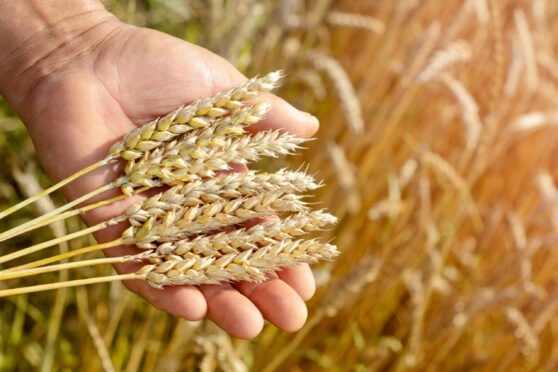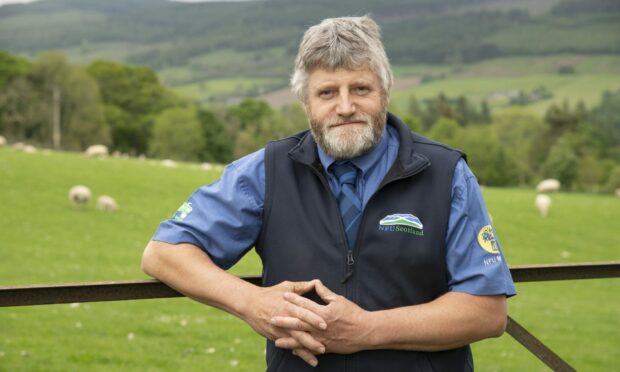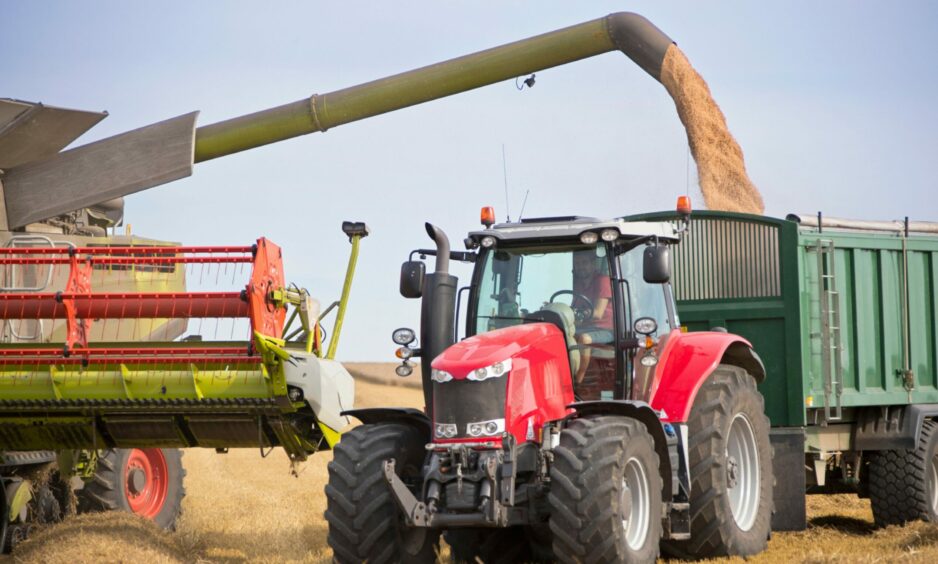Scottish farm leaders have renewed their plea for access to new technologies such as gene editing.
It comes following confirmation in the Queen’s Speech that the UK Government will introduce new legislation – the Genetic Technology (Precision Breeding) Bill – to unlock the potential of new farming technologies such as gene editing (GE).
The Scottish Government has long said it wants to maintain a GM-free crop status, however farming union NFU Scotland (NFUS) says farmers and crofters need access to GE technology to become more sustainable.
“New technologies, including the likes of gene editing can help positively address some of the big challenges Scottish agriculture faces, including how we respond to the climate emergency and address biodiversity loss,” said NFUS president Martin Kennedy.
“We firmly believe that precision breeding techniques as a route to crop and livestock improvement could allow us to grow crops which are more resilient to increased pest and disease pressure brought about by our changing climate and more extreme weather events.
“It would also allow us to use new breeding techniques to breed more productive, efficient animals that need less inputs to protect their welfare. This could be crucial in enabling our farmers to become truly sustainable.”
A Scottish Government spokesman said: “Scotland’s policy on GMOs has not changed.
“We remain opposed to the use of GM in farming, to protect the clean, green brand of Scotland’s £15 billion food and drink industry.”
He said the government was aware of current debate around genomic techniques and how these relate to existing GM legislation, especially at a European level.
The spokesman added: “The Scottish Government’s policy is to stay aligned with the EU, where practicable, and we are closely monitoring the EU’s position on this issue.”
Meanwhile, news of the UK Government’s new precision breeding bill was welcomed by the National Institute of Agricultural Botany (NIAB).
The institute’s chief executive, Professor Mario Caccamo, said: “Innovation in plant breeding will be the single most important factor in helping global food supplies keep pace with a growing world population, in the face of climate change and pressure on finite natural resources of land, water, energy and biodiversity.”
However organic body, the Soil Association, said the bill would bring about a “high-tech free for all” of GM plants and animals on a commercial scale.
The association’s senior policy officer for farming, Louise Payton, said: “The move is also a direct violation of choice by the government for farmers and consumers who chose non-GM and in conflict with organic standards which are enshrined in UK law.”


